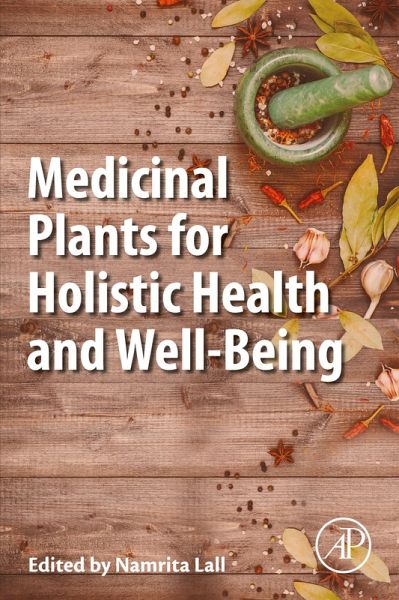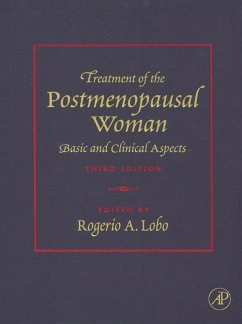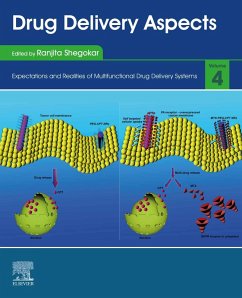
Medicinal Plants for Holistic Health and Well-Being (eBook, ePUB)
Versandkostenfrei!
Sofort per Download lieferbar
67,95 €
inkl. MwSt.
Weitere Ausgaben:

PAYBACK Punkte
34 °P sammeln!
Medicinal Plants for Holistic Health and Well-Being discusses, in depth, the use of South African plants to treat a variety of ailments, including tuberculosis, cancer, periodontal diseases, acne, postmacular hypomelanosis, and more. Plants were selected on the basis of their traditional use, and the book details the scientific evidence that supports their pharmacological and therapeutic potential to safely and effectively treat each disease. Thus, this book is a valuable resource for all researchers, students and professors involved in advancing global medicinal plant research. Many plants fo...
Medicinal Plants for Holistic Health and Well-Being discusses, in depth, the use of South African plants to treat a variety of ailments, including tuberculosis, cancer, periodontal diseases, acne, postmacular hypomelanosis, and more. Plants were selected on the basis of their traditional use, and the book details the scientific evidence that supports their pharmacological and therapeutic potential to safely and effectively treat each disease. Thus, this book is a valuable resource for all researchers, students and professors involved in advancing global medicinal plant research. Many plants found in South Africa are also found in other parts of the world. Each chapter highlights plants from other worldwide locations so that scientists can study which plants belong to the same family, and how similar qualities can be used to treat a specific disease. - The book details the scientific evidence that supports their pharmacological and therapeutic potential to safely and effectively treat each disease - Each chapter highlights plants from worldwide locations so that scientists can study plants belonging to the same family, and how similar species can be used to treat a specific disease - Use of traditional medicine as an efficient means to identify and further investigate South African, similar plants and plant-derived compounds in modern drug discovery - Includes a number of chapters dedicated to using medicinal plants to treat various skin disorders, which is often not covered in other books on medicinal plants - Organized by specific diseases, with vital evidence-based data related to the bioactivity, pharmacological potential, chemical structure and safety information
Dieser Download kann aus rechtlichen Gründen nur mit Rechnungsadresse in A, B, BG, CY, CZ, D, DK, EW, E, FIN, F, GR, HR, H, IRL, I, LT, L, LR, M, NL, PL, P, R, S, SLO, SK ausgeliefert werden.













